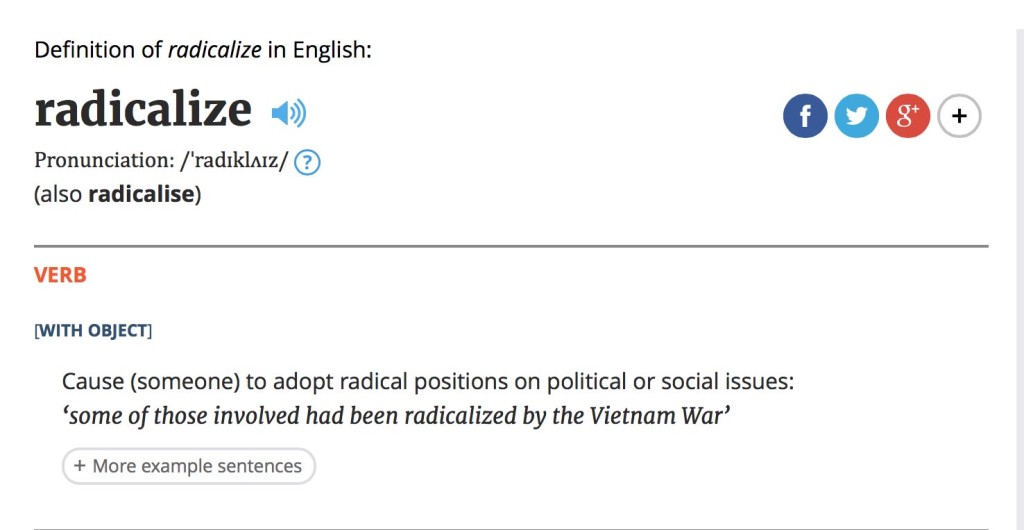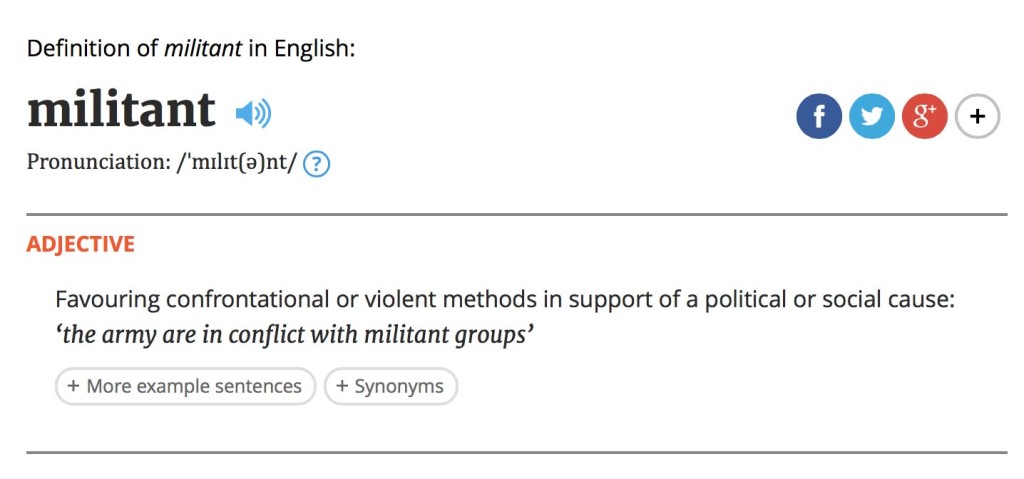The nostalgia for the Miners’ Strike by Conservatives is very easy to understand. It provides Tories with an easy win of nostalgia, taking to their bosom comforting images of Margaret Thatcher and policemen on horseback beating miners at Oregrave.
But to say why or why not the current Junior Doctors Strike is like the Miners’ Strike is to fall into a trap designed by the inept propaganda artists of the Department of Health. Everytime you rise to the challenge of comparing the Junior Doctors Strike to the Miners’ Strike, you are allowing a heavenly gushing of euphoria of Thatcherism. But the actual truth is that the Junior Doctors Strike is fast becoming Jeremy Hunt’s Poll Tax.
For those of you too young to remember the trauma of the Thatcherite administration 1979-1990, the Poll Tax was a system of taxation introduced in replacement of domestic rates in Scotland from 1989, prior to its introduction in England and Wales from 1990. It provided for a single flat-rate per-capita tax on every adult, at a rate set by the local authority. The charge was replaced by Council Tax in 1993, two years after its abolition was announced.
The Poll Tax, however, when implemented encountered a number of administrative and enforcement difficulties which proved insurmountable for the Conservative administration at the time. This was despite the Poll Tax having had a lengthy legislative gestation since around 1974. Similarly, it is widely recognised the blueprint for the current privatisation of the English NHS is a document, still available, published by the Adam Smith Institute, called “The Health of Nations” from 1988. It is so illustrious that I am sure even Sam Bowman has heard of it.
Councils were burdened with the task of pursuing the large numbers of defaulters, many of whom were acting as part of organised resistance to the charge. And the decision for junior doctors to go on a strike is one which has been done with a heavy heart, with resounding unanimity. In much the same way the dispute is not solely about the contract itself, but about making the NHS fit for nourishment by corporate limited companies, the Poll Tax was also a deeply political manoeuvre. For example, there is substantial evidence that the Poll Tax had a lasting effect of people not registering themselves on the electoral register to evade collection attempts. This may have had an effect on the results of the 1992 general election, which ended in a fourth successive Conservative victory, despite most opinion polls pointing to a hung parliament or narrow Labour majority. So the notion of using the junior doctors dispute to discredit the BMA is not a surprising one, as it is viewed by Conservatives and their hedge fund paymasters that serving members of the mdical profession are the ‘barriers to change’.
On deeper scrutiny, however, and the general public is well aware of it, it is not the medical doctors nor other clinicians who are the resistance to change. The public and clinical workforce are united in a fully funded 7 day service. This is motherhood and apple pie stuff. The question is entirely down to patient safety. There has to be more resources for a fully 7 day service. The Conservatives pledged a 7 day service in their manifesto of 2015, not expecting to deliver it for a moment – hoping that it would be traded off with those bad guys, the ‘Liberal Democrats’. But the allegations are that Simon Stevens asked for £16 bn – and he was given £8bn and ‘nudged’ to make three times the level of austerity (rebranded ‘efficiency savings’) to make the books balance. This is of course an impossible task. So if true, the Conservatives, with an economy still massively in trouble with ballooning national debt, are in no position to fund a seven day service, so are themselves, actually, the “resistance to change”.
With the actual issue being one of funding in the NHS, and social care funding on its knees for not having been ringfenced since 2010, the need for a NHS Commission, ‘depoliticising the NHS’, may seem rather hollow. It was after all Norman Lamb who helped put rocket boosters into s.75 Health and Social Care Act (2012) outsourcing NHS services at record speed, and speed up personal budgets which allow rationing and privatisation at an individual level.
The Conservatives are of course licking their lips at breaking up the intransigent doctors – articulating this as the ‘vested interests’. But people who say that most of the work of doctors can be done by physicians assistants are invariably people who’ve never been anywhere near a medical ward – let alone done six years basic undergraduate clinical training and at least five years postgraduate training. It is, for example, alleged that, “That Britain’s economy could survive without British coal was unthinkable, right up until it wasn’t.” And indeed there are moves afoot to downgrade, downsize, dumb down, the work of medics to anybody else. That’s not to deny there is a powerful role for allied health professionals, but if the general public is expecting a physician’s assistant to tell the difference between a tension headache and episodic paroxysmal hemicrania, and know the difference between their management, they could be in for a long wait.
So there is no doubt that the current Conservative administration, like their forefathers, has a deeply ideological hatred of unions which clouds their rational judgment. The public are strongly behind the junior doctors, despite the best efforts of the mainstream media to present otherwise. The idea that the public are going to be put at risk by junior doctors in the next swathe of strikes is of course complete nonsense, as the service on those days will be effected by the most talented, able and experienced members of the workforce. All doctors are regulated to promote patient safety, and the reality is that Trusts will ship in lots of locum staff to deal with the demand on those days. So the real losers will be the Department of Health, as they foot the bill for their costly opposition.
According to foul-mouthed Ben Gummer MP, who to all intents and purposes seems to be the heir to Jeremy Hunt MP, the Junior Doctors Committee has been ‘radicalised’, a rather unfortunate term given recent events in Brussels. Anyway, to give Gummer Jnr. the benefit of the doubt, the dictionary definition is as here.
Then within Gummer’s field of vision, it is ‘radical’ to fund the NHS properly and to stand up for patient safety.
Meanwhile Jeremy Hunt MP, as we know, dislikes ‘militants’
Junior doctors have never been violent in their opposition, but Jeremy Hunt MP is a pale imitation of his Jim Naughtie namesake.
Some time ago, I mooted the view that this is a dispute that Jeremy Hunt MP never wanted. The idea of national pay bargaining is of course an anathema to evangelists of the free market where the market equilibrates to set the cost and value of products and services. But the more I see of Jeremy Hunt’s deeply inept management of this crisis, I think he wants his Oregrave moment. It is, however, his Waterloo.
In a ‘liberalised NHS’, with independent NHS hospitals, the NHS would be unable to take advantage of economies of scale. There would be regional discrepancies in how much doctors got paid, excluding the issue of London weighting, which would threaten a national service. An even more fragmented service, driven by money, would make referrals on the basis of clinical need, say for complicated medical cases, a logistic nightmare, as a burgeoning managerial workforce have to negotiate their way through complicated service agreements with the costly corporate lawyers advising. The intention of doctors being regionally employed by single hospitals is of course entirely fitting with the idea of autonomous bite-size chunks which can be easily flogged off to the private sector. But currently the NHS gets extremely good value for money, or call it return on investment, from its junior doctors, who are highly skilled working in extremely demanding conditions. Exposing them to market rates means that the NHS would not be able to ‘control its costs’ effectively, and find that every member of the workforce in effect becomes an agency member of that workforce. It is exactly the same problem as stretching out a workforce suited for working 5 days with 7 days emergency cover into 7 days – rather, stretching out the same number of doctors for 7 days not 5 will mean that every day has a lower level of patient safety on average.
Absurd – but this is exactly what happens when you are driven by cranky ideology not logical thinking.



